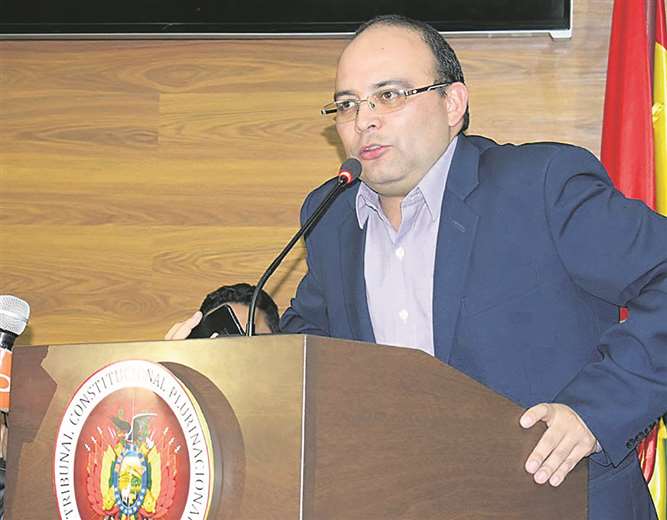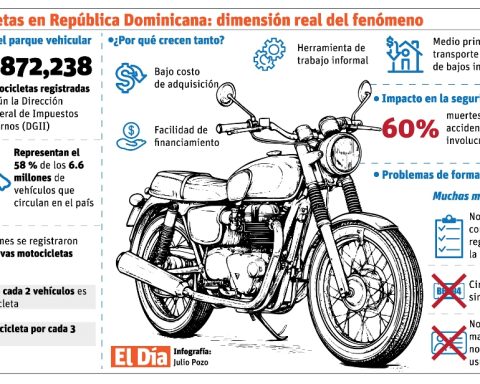The plenary session of the National Assembly approved in the second debate on Wednesday night, the bill 776, which includes a modification to the recall procedure of the mandate, also called “legislative shrimp”.
The deputy for Cambio Democrático, Ana Giselle Rosas, stressed that this was a heated debate with a lack of arguments, since “it is impossible to think that we as deputies who are called to respect the Constitution, to comply with that oath that we make at the moment of the beginning of sessions, is breached, and that is how it happened yesterday; approving an article that is clearly unconstitutional”.
He declared that the article that is part of this project is unconstitutional because it contravenes articles 150 and 151 that have to do with the functions of the deputies that represent political parties and establishes the mechanism for the revocation of mandate.
Project 776 was originally proposed by the Electoral Court (TE), to reform some administrative powers contemplated in the Electoral Code. However, the deputies of the Government, Justice and Constitutional Affairs Commission, when approving the project in the first debate, introduced an article that was not in the original project, and that states the following:
“Article 438-A: The decisions that are taken approved by the majority of the deputies of the parliamentary faction to which they belong, may not be used by the political parties as grounds for revocation of mandate, nor for the expulsion of the deputies, registered or not in the political party for which they were nominated.
Currently, article 151 of the Constitution and article 488 of the Electoral Code establish that the political party to which the seat has been awarded may revoke the mandate of the principal or alternate deputy who has applied, registered or not in the party. With the recently introduced reform, the political parties would lose that competition.











